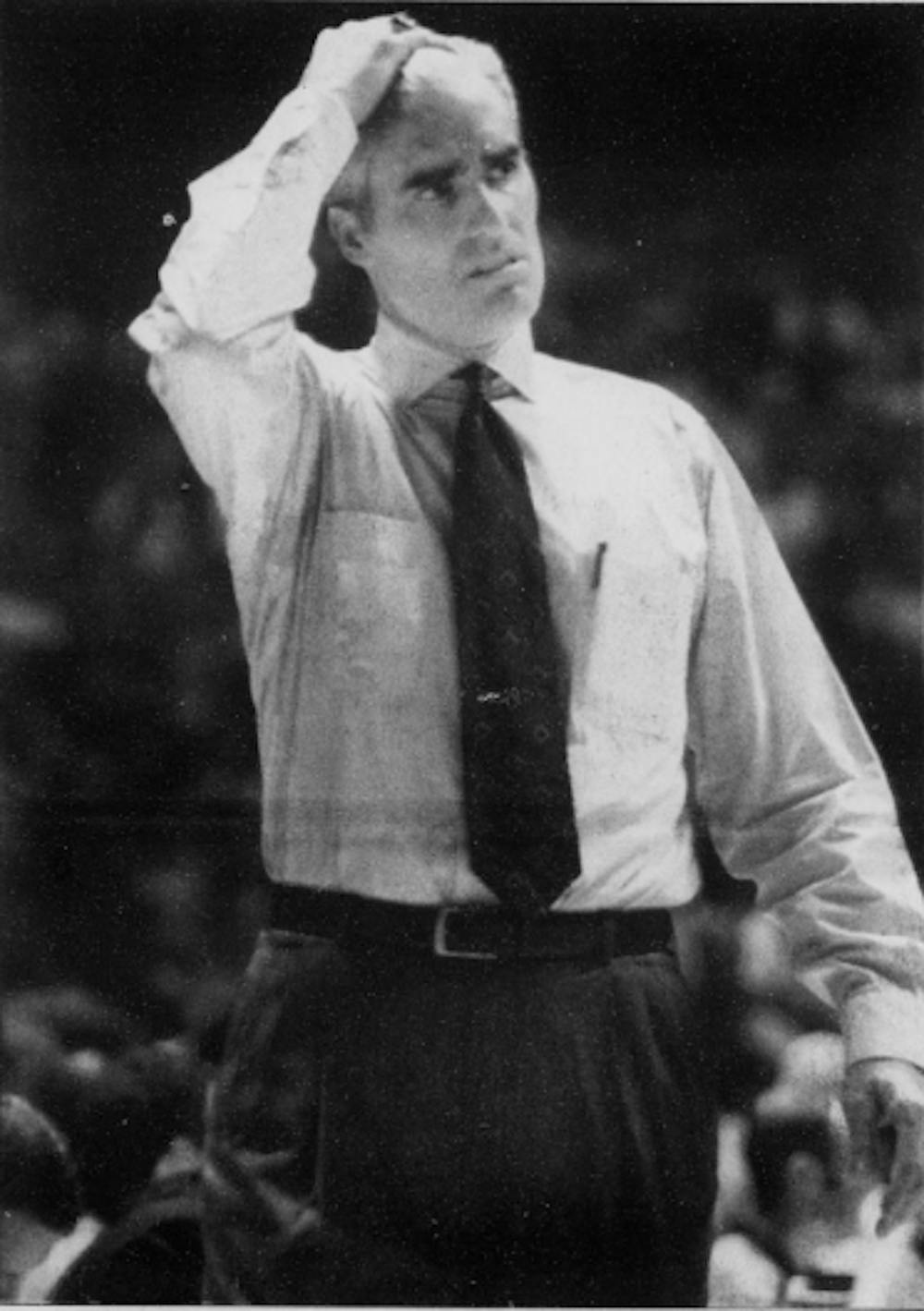Matt Doherty, former head coach of the UNC men’s basketball team, sat down with The Daily Tar Heel for an interview about his new book, "Rebound: From Pain to Passion," which is available beginning March 2. Doherty was the basketball coach from 2000 until 2003.
Eighteen years later, Doherty has taken what he learned from his experiences to give advice to younger people about how to come back from failure.
This interview has been edited for brevity and clarity.
The Daily Tar Heel: What is the main takeaway or focus of the book?
Matt Doherty: I think rebounding from failure, that's the biggest takeaway — how to rebound from adversity.
DTH: What was the most challenging aspect of writing it?
MD: I think, emotionally, it was revisiting a lot of the things that were painful and emotional times going through loss. Whether people go through the loss of family members or loss of a job, (it was) the pain of reliving some of that. That was probably the hardest part besides time. Writing a book, it's work. I didn’t use a ghostwriter. I did it myself and with the publisher. You want to be accurate, you want to be fair and you don't want to leave people out. I wanted it to be a positive book on how to learn from past experiences and grow from them.
DTH: When did you decide that you wanted to share your story and your advice and experiences about growth and leadership?
MD: For years, I've put some notes to paper, and it was really more therapeutic — to get things out because there was a lot of hurt inside from my departure. You try to be a big man, but you're hurting. To get it out is very therapeutic. I feel better now than ever before. Then there are all these triggers, whether it be coach (Roy) Williams winning the championship in 2005, to Mike Brey getting an extension, whatever it might be. So the emotional pain, I needed to manage that. Whether that’s going to visit with a psychologist, which I have done several times, to writing the book. Now I feel like my role here is to help people deal with setbacks and deal with failure and teach young people how to be better leaders. The good thing was that I was the head coach at North Carolina. The bad thing was that I was the head coach at North Carolina. Whatever mistakes I made were magnified.



